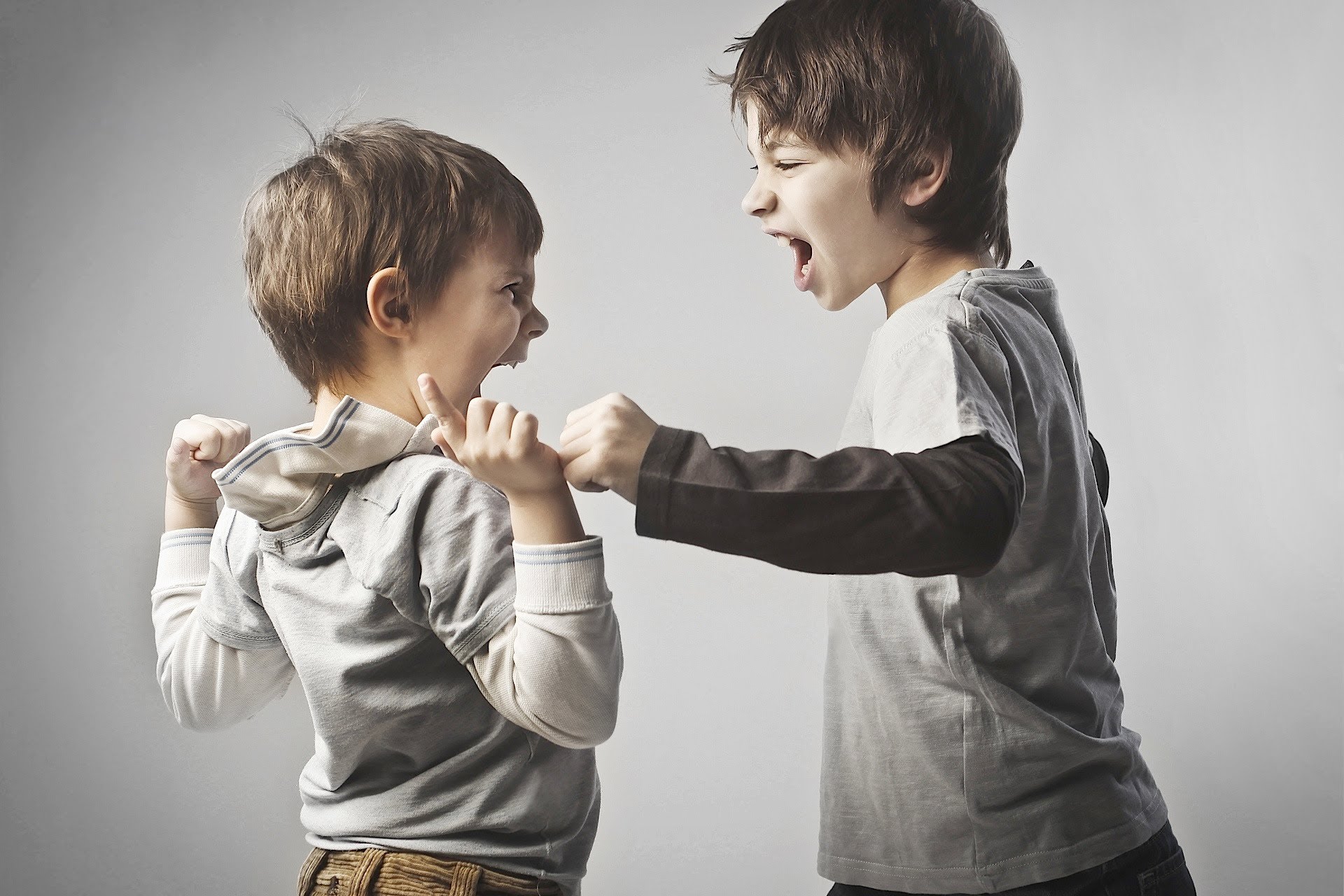A natural characteristic of children is dependence and need. Unlike adults, they are not able to satisfy their needs based on their own resources, so they inevitably become dependent on others. Unfortunately, this dependence can cause their vulnerability, which can lead to aggressive behavior in children. One of the most basic psychological needs is the need for safety, and if it is not satisfied, it causes immediate anxiety experiences, various abnormalities, and disorders in the functioning of the child. According to many psychologists and psychiatrists, fear lies at the root of all neuroses, and the causes of anxiety attitudes need to be sought in early childhood.
Even loving parents sometimes do not realize the effects of various factors and situations on a child’s psyche, which can lead to the loss of the need for safety and the formation of anxiety reactions and attitudes that are acquired in the first years of life.

AGGRESSIVE BEHAVIOR IN CHILDREN AND THE CHILD’S SENSE OF SECURITY
The sense of security in children is based solely on care, understanding, and unconditional acceptance. A child whose needs are met is trustworthy, active, and independent. It is also important to emphasize that the failure to meet the above-mentioned needs subsequently inhibits the child’s activity, on which, among other things, the development of his cognitive and intellectual abilities depends. In a situation where parents do not give their child a sense of security, the child lives in constant danger and develops a sense of “inferiority”. This basic psychological need is often tried to be satisfied with lies, pretense, concealment, and overt or suppressed aggressiveness and hostility.
Negative behavior and reactions of a child can be a direct consequence of loneliness. When in contact with an adult, disturbing emotional instability, increased stubbornness, negativity, tendency towards rebellion, explosiveness, and stubbornness begin to manifest. The child develops anger, which is one of the basic human emotions.
It’s worth noting that anger itself is not inappropriate, but an aggressive way of expressing this emotion is socially unacceptable. Despite this, the child often uses it because their experiences tell them that this type of behavior has an immediate effect – aggression gives the toddler attention. The child feels bad when they don’t get attention from their parents.
However, aggressive behavior does not always relate to experiencing anger. This is often learned behavior. Parents may not realize that they can cause aggressive behavior in children.
A child learns behavior by watching movies or watching aggressive sports. The child begins to imitate the brutal behavior shown in video games and is unaware of their consequences in the real world, which can sometimes be tragic.
When a child behaves aggressively, it’s important to react in a proper way.
It’s important for a child to have at least one person in their life with whom they can feel an emotional connection from the earliest moments of their existence, providing them with a sense of safety and belonging. Equally important is frequent contact with parents or at least one parent. The child needs to feel accepted and know that they are important and loved by their parents, regardless of their behavior, successes, and failures. It’s worth emphasizing that a toddler who has peace and order in their daily life rarely behaves aggressively. Let’s try to be with the child during difficult times, such as illness, conflicts with friends, and important events for them, and experience them together.
